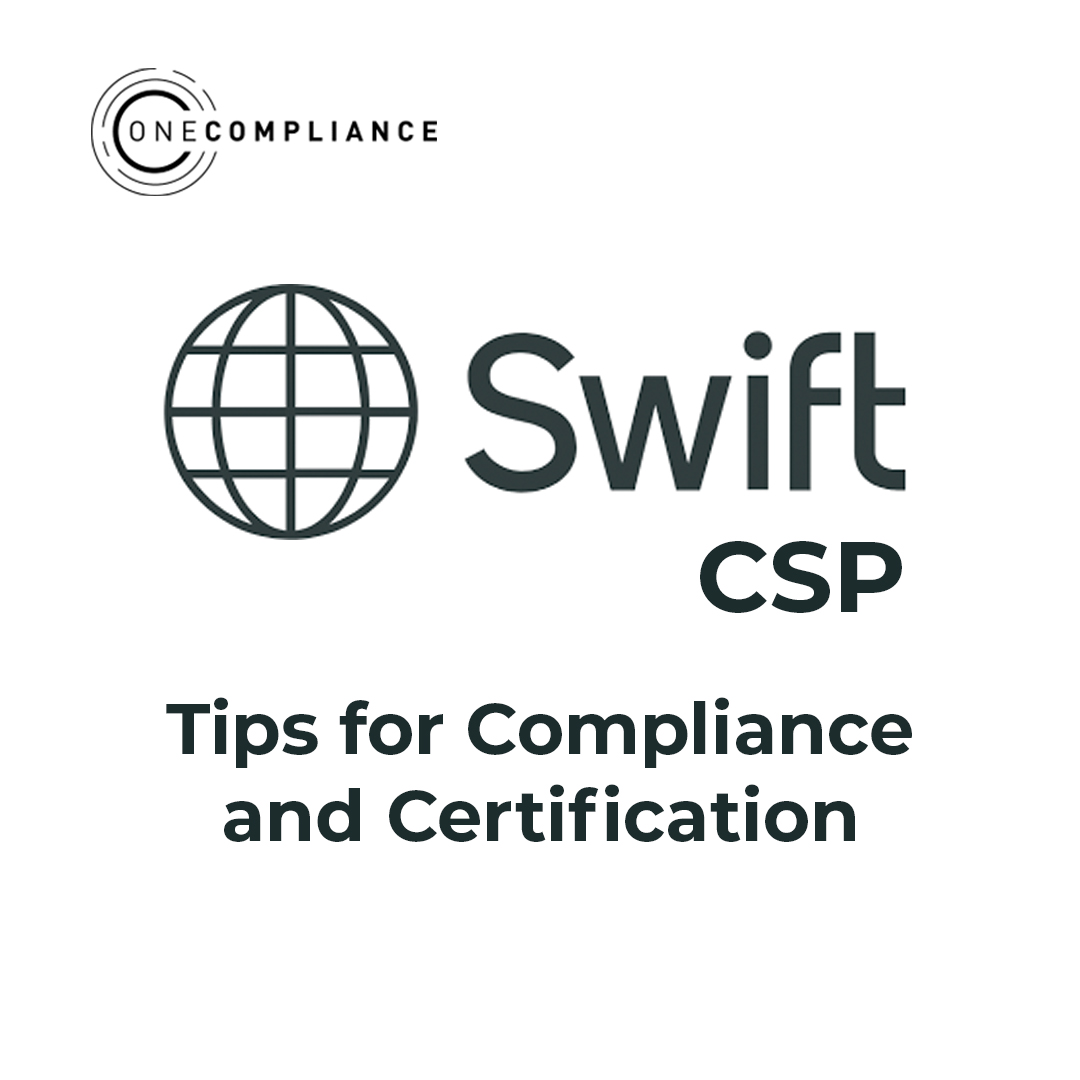ChatGPT is on everybody’s lips. LinkedIn is awash with posts. It’s a hot topic. Depending on what you read, it’s going to improve the world, put us all out of jobs and/or send a T800 to 1984 to kill Sarah Connor.
We thought we would jump on the bandwagon and ask it a question of our own, and we gave it the simple instruction “Write me a paper on the security vulnerabilities of ChatGPT in fewer than 1,000 words”. This is the output:
“Security vulnerabilities in ChatGPT are a concern for organizations that use the model for various applications. ChatGPT, being a large-scale language model, uses deep learning to generate human-like text. This makes it suitable for many use cases, such as chatbots, language translation, and text summarization. However, with the increasing use of this technology, security vulnerabilities have become a concern. One of the main vulnerabilities in ChatGPT is input validation issues. The model takes input in the form of text and generates an output based on that input. An attacker could potentially inject malicious code into the input, which the model could then execute. This could lead to the compromise of the system or the leakage of sensitive information.
Another vulnerability is model stealing. As the model is trained on a large amount of data, an attacker could potentially obtain the model’s parameters and use them for their own purposes. This could lead to the attacker creating a copy of the model and using it for malicious activities, such as generating fake news or spreading misinformation. Privacy issues are also a concern with ChatGPT. The model is trained on a large amount of data, which could include sensitive information. An attacker could potentially access this data and use it for malicious purposes. This could lead to the leakage of sensitive information and the compromise of privacy.
DDoS attack is another vulnerability that ChatGPT is exposed to. An attacker could potentially overload the model with a large amount of requests and make it unavailable for legitimate users. This could lead to the disruption of services and the loss of revenue for organizations that use the model.To mitigate these vulnerabilities, organizations should take several measures. One of the main measures is input validation. Organizations should ensure that the input provided to the model is free of any malicious code. This can be achieved by implementing input validation checks and sanitizing the input.
Another measure is to protect the model parameters. Organizations should ensure that the model parameters are not accessible to attackers. This can be achieved by implementing access controls and encrypting the model parameters. Privacy should also be a top priority for organizations that use ChatGPT. They should ensure that the data used to train the model is protected and that access to the data is restricted to authorized personnel. This can be achieved by implementing access controls and encrypting the data.
To protect against DDoS attacks, organizations should implement DDoS protection measures, such as rate limiting and IP blocking. In conclusion, ChatGPT is a powerful language model that is widely used in various applications. However, it is exposed to various security vulnerabilities, such as input validation issues, model stealing, privacy issues, and DDoS attacks. Organizations should take measures to mitigate these vulnerabilities to ensure the security of their systems and the protection of sensitive information. These measures include input validation, protecting the model parameters, protecting privacy and implementing DDoS protection measures.
It is important to note that this is not a research paper but an overview of some security vulnerabilities that ChatGPT may have, and suggestions to mitigate them. It is always recommended to consult with experts in the field, to conduct an in-depth analysis of the specific use case, and to follow the best practices of security.”
This took approximately 60 seconds to compile from inputting the request. It’s rapid.
All in all, we feel that this is reasonably accurate account if you overlook the fact that it refers to itself as “organization” (you can change it to proper English and not that awful American abomination, so it spells it as it is supposed to be with an s and not a z.).
Clearly, this has endless potential but beware, ithe information it provides is only as recent as 2021 within this version, so, you can’t totally rely on it. The vulnerability landscape is ever-changing so it is worth corroborating evidence with more recent sources. Ideally, you’d call the experts on 020 3855 0895.
Hasta la vista, baby!

